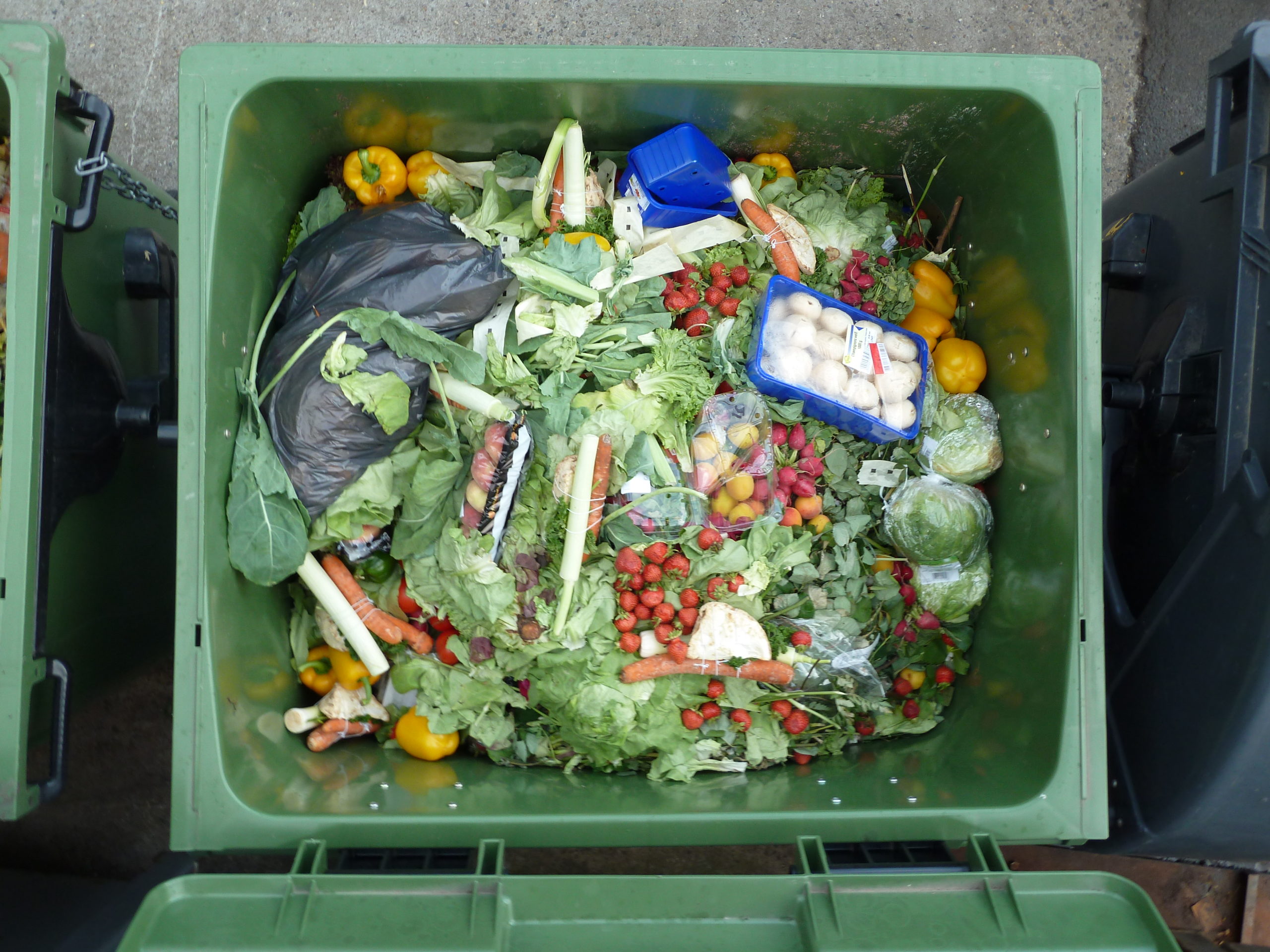Original article (in Serbian) was published on 16/01/2024; Author: Stefan Kosanović
A 2018 European Commission (EC) study revealed that 10% of food waste in the European Union (EU) annually is attributed to confusion over the expiration date labels. The misunderstanding between “use by” and “best before” labels has prompted the EC to develop guidelines aimed at clarifying the terminology, format, and visual presentation of this information on product packaging within the EU. However, domestic media coverage on this matter has often been inaccurate and sensationalized, incorrectly suggesting that expiration date deadlines on food products are being eliminated, a claim that the EC has refuted.
Addressing the significant issue of edible food waste is a priority for the EU, with an ambitious target to cut food waste by half by 2030, which currently stands at approximately 88 million tons a year.
As part of this initiative, the EU has initiated several measures, including revising the Regulation on consumer information about food. This revision is motivated by findings that indicate considerable discrepancies in how expiration dates are marked across different products and that these inconsistent labels contribute to 10% of the annual food waste in the EU’s supply chains.
A major challenge identified is the lack of standardized labeling and a consistent understanding among consumers of the “use by” and “best before” labels.
The headline “Expiration dates on food are being abolished” in the print edition of Informer on January 15, 2024, is misleading. Similar headlines also appeared last October on web portals such as Blic, Politika, Nova, Kurir and 24sedam, with some articles suggesting that the EU plans to remove expiration dates for specific items like flour, rice, and mustard.
The European Food Safety Commission has refuted these claims, clarifying that efforts to revise the Regulation on consumer information about food are still in progress. While Member States agree on the need for uniformity in expiration date labeling, they advocate for further exploration of labeling techniques, consumer behavior studies, and initiatives to enhance public awareness about food wastage.
In Germany, Agriculture Minister Cem Özdemir expressed concerns that the “best before” label confuses consumers. He intends to propose the elimination of this type of expiration date for certain food products.
“Taking into account the complexity of this work, the focus is on collecting solid evidence and data, especially concerning the impact of food labelling on consumer behaviour, to empower consumers to make more informed, healthier and more sustainable decisions when choosing food”, the European Commission emphasized in their response to Raskrikavanje.
In a related context, the Center for Environmental Improvement reported in mid-2019 that Serbia discards almost 247,000 tons of food annually, which breaks down to approximately 676 tons daily. According to their findings, each individual, irrespective of age, disposes of around 35 kilograms of food yearly, equating to a financial loss of about 10,000 dinars (based on 2019 values). The research identified bread (10.18 kilograms), meat (7.18 kilograms), and milk (6.74 liters) as the most frequently discarded food items, with fruit (5.7 kilograms) and vegetables (5.33 kilograms) being the least discarded. These figures were released in a press statement by the Center for Environmental Improvement.



